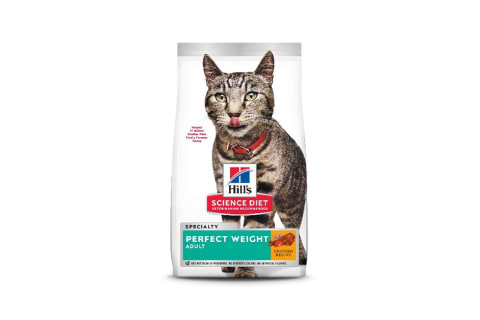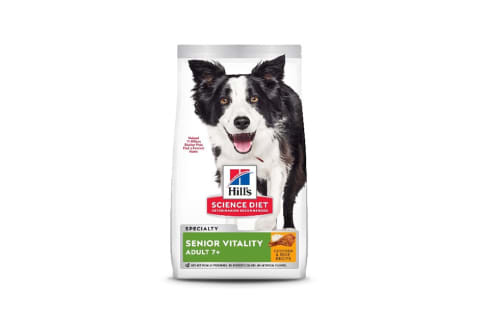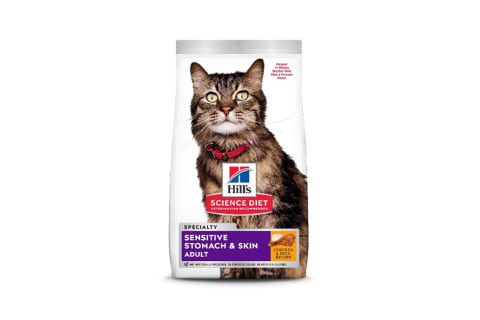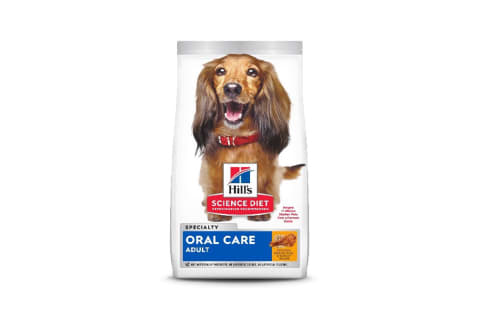Advertisement
7 Questions You Should Ask Your Vet To Impact Your Pet’s Quality Of Life
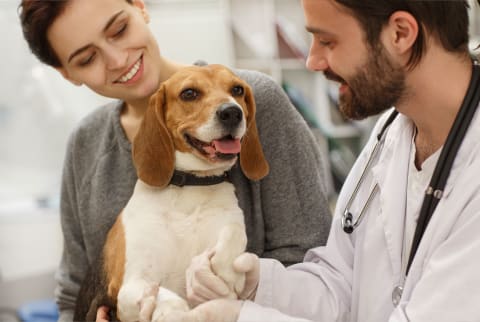
Can you imagine navigating your health and well-being without any help? We’d be lost without our experts, like-minded community, or the latest viral breakfast recipe. And truth be told—it’s no different for our pets. As happy as our pets make us, we want to give them the best quality of life possible. But we can’t do that without the help and support of all the veterinarians out there.
You never know until you ask.
It’s not so different from our own well-being journey—the more we know about living a happy and healthy life, the better equipped we are to give that to our pets. Vets are full of knowledge, but it’s our responsibility as pet parents to tap into that with the most illuminating questions. Through just a little inquiry we can get their help determining whether our pet is overweight, how much exercise they really need, and how to choose the best Hill’s Science Diet food for a particular pet.
But the point is, you never know until you ask… So, without further ado.
The 7 most important questions to ask your vet next visit.
1. Is my pet at a healthy weight?
Most pet parents don’t realize that weight gain happens gradually, making it hard to notice. Even if your dog is just 10% overweight or your cat is carrying one to two extra pounds, their risk of serious health conditions can greatly increase. Your vet is the best resource for understanding weight maintenance. And if it happens that your pet is overweight, they’ll help you put together a weight loss plan, which might include recommending a specific food from Hill’s Pet Nutrition.
At every stage of the journey, your pet has ever-changing needs. Hill’s Science Diet provides science-led nutrition for every size, age, and a variety of needs. Both their Adult Perfect Weight Cat Food and Dog Food provide nutrition for safe and effective weight loss, with visible results within 10 weeks. Plus, they have natural ingredients with added vitamins, minerals, and amino acids for some tail-wagging excitement come meal time.
2. What are the most common issues for a pet this age? And a pet of this breed?
Your pet’s happiest, healthiest life looks a lot different when they’re a senior versus a puppy or kitten. Nutrition, exercise, and healthcare vary by age, and your vet can articulate how. If it’s time to transition your pet to a more age appropriate food—like Hill’s Science Diet Adult 7+ Senior Vitality Dog Food or Cat Food—they’ll know! Ask your vet to learn how your pet might be naturally at risk, and specific signs to look out for.
3. How can I protect my pet’s skin and fur?
Pets get itchy and scratchy; it happens. At some point in time, it’s likely your cat or dog might be susceptible to dust, pollen, mold, grasses, and flea bites. Thankfully, there are nutrition options that can support these sensitivities and your vet can point you in the right direction. Hill’s Science Diet Sensitive Stomach & Skin for both dogs and cats is gentle on stomachs while nourishing skin and promoting a lustrous coat. It’s specially formulated with Vitamin E & Omega-6 fatty acids to help maintain and protect a pet’s skin and fur.
4. What are signs that my pet might be stressed?
Just like humans, our pets are susceptible to stress! According to the American Animal Hospital Association, signs of stress in dogs can look like loss of appetite or digestive troubles. Signs that your cat is feeling a bit anxious include trembling, withdrawal, or a failure to use the litter box. Stress is a daily factor of your pet’s well-being, from digestion to mood, and your vet can talk you through the most telling signs.
5. What kind of nutrition is best for my pet?
Different pets have different nutritional needs, but all pets deserve the best. Led by science and research, Hill’s Pet Nutrition continues to be U.S. Veterinarians’ #1 recommended brand. Hill’s Science Diet offers precisely balanced foods to meet the everyday needs for all stages of your pet's life. Or (depending on your pet’s specific needs) your vet could also recommend Hill’s Prescription Diet for specialized, therapeutic care. Nutrition is one of the best ways to go above and beyond for your pet.
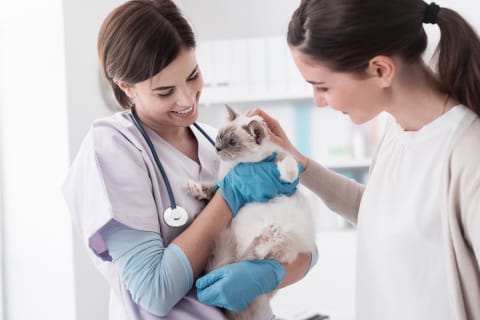
6. How much exercise does my pet need?
A 10-pound tabby cat calls for a different exercise protocol than the 60-pound retriever, but in any case, an active pet is a happy pet. Work with your vet on how much exercise your pet needs per day, but also the types of exercise that would benefit them most. Your dog may love to go on a jog with you or take a refreshing swim.
7. Is my pet up to date on vaccinations, dental care, and blood work?
These procedures are routine for supporting your dog or cat’s best life, so ask your vet if they're current. Vaccinations help prevent diseases and illnesses, while blood work helps your vet take a closer look at proteins, enzymes, and white blood cells to assess underlying health conditions. And dental work is surprisingly critical for our pet’s quality of life—80% of dogs and 70% of cats have some sign of dental disease around age two, which can lead to disease and infection if left untreated. Hill’s Science Diet Adult Oral Care Dog Food and Cat Food kibble has an innovative texture designed to work like a toothbrush as your pet chews.
The bottom line.
Vets take care of the obvious things—vaccinations, diseases, injuries, and answering the phone when your furry friend eats something they shouldn't have. But it’s also important to find a vet you like and trust, one who strives to help your pet live a happier and healthier life. The right vet is full of knowledge and just as obsessed with how cute your pet is. Once you find them, make the most out of your next visit by asking these questions!

